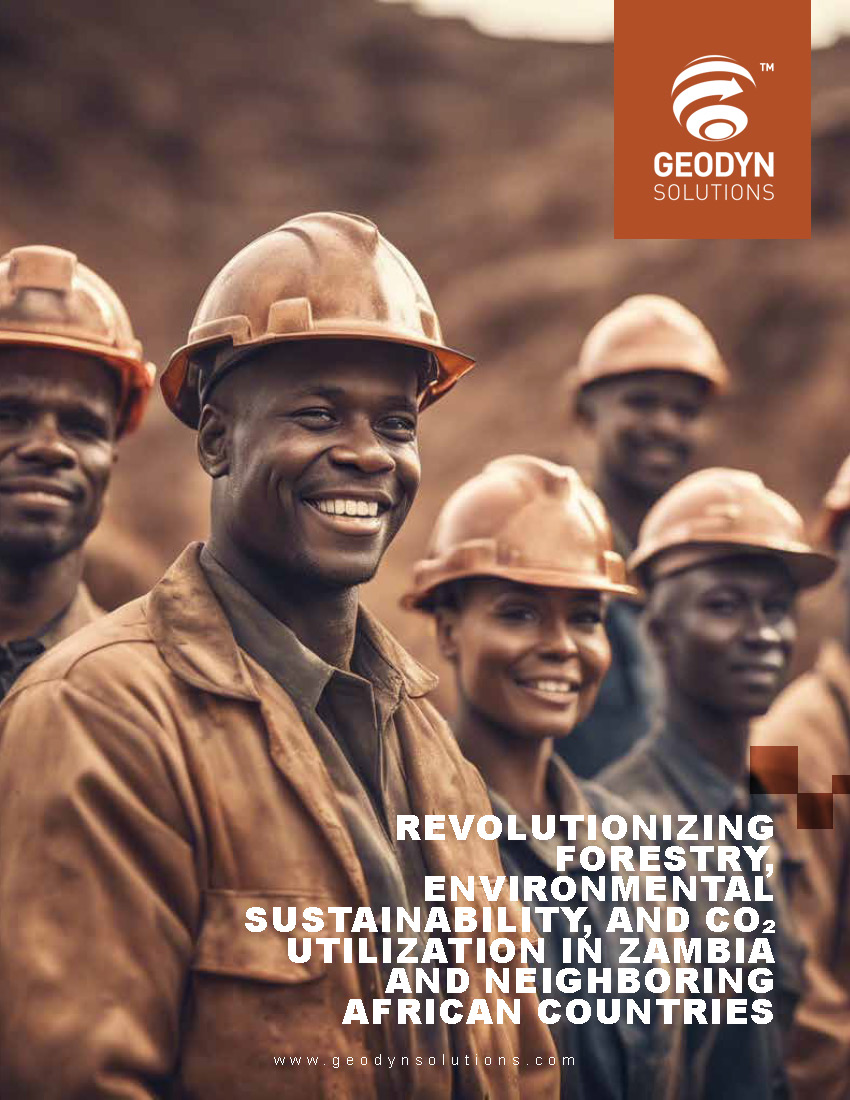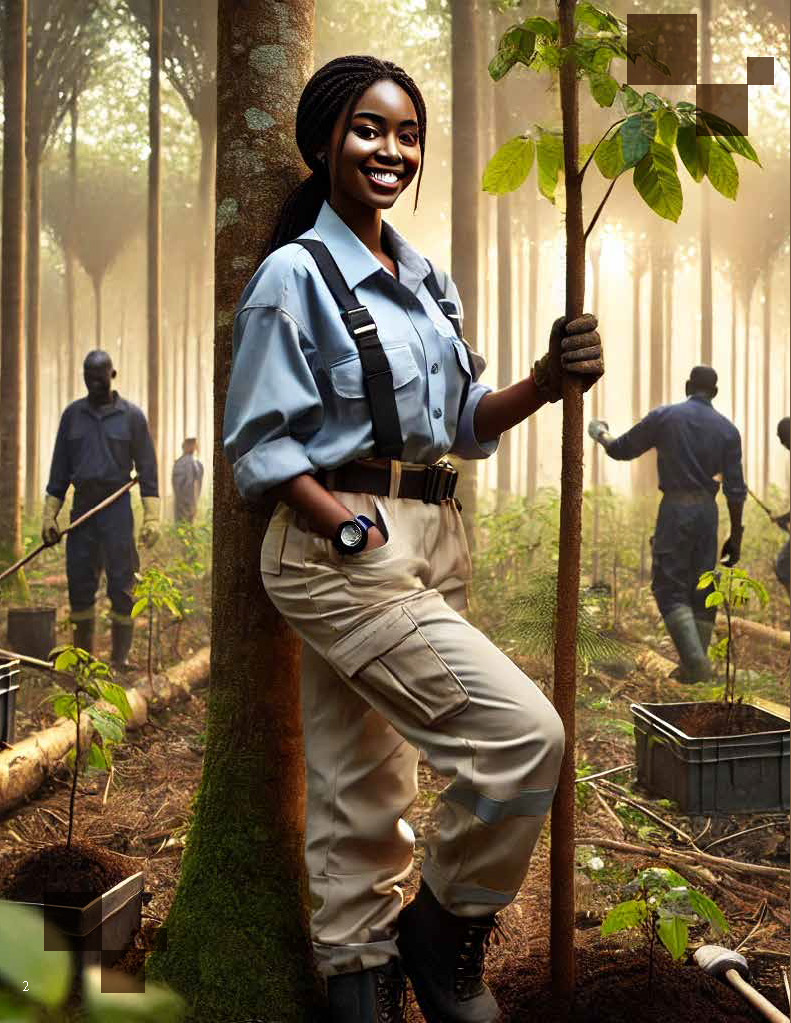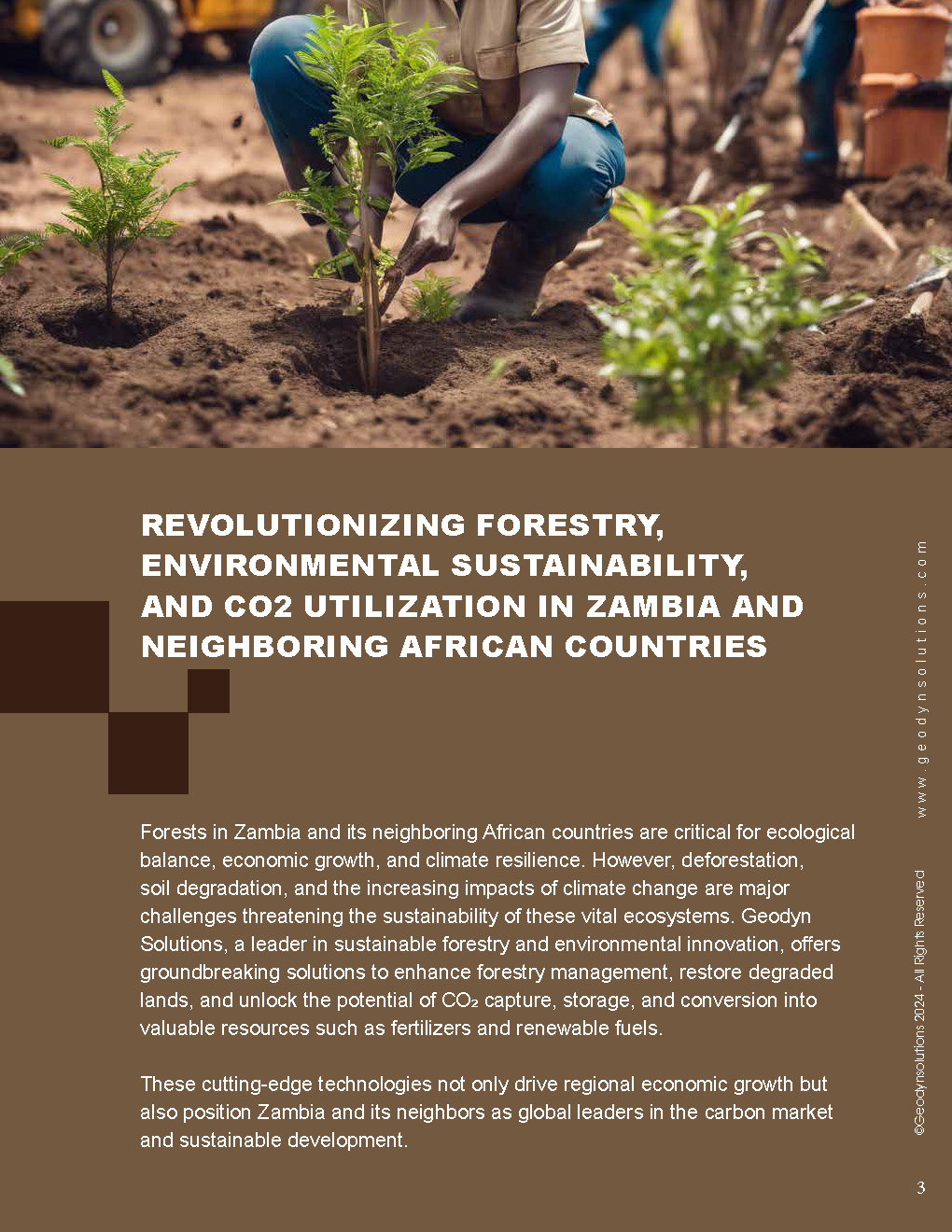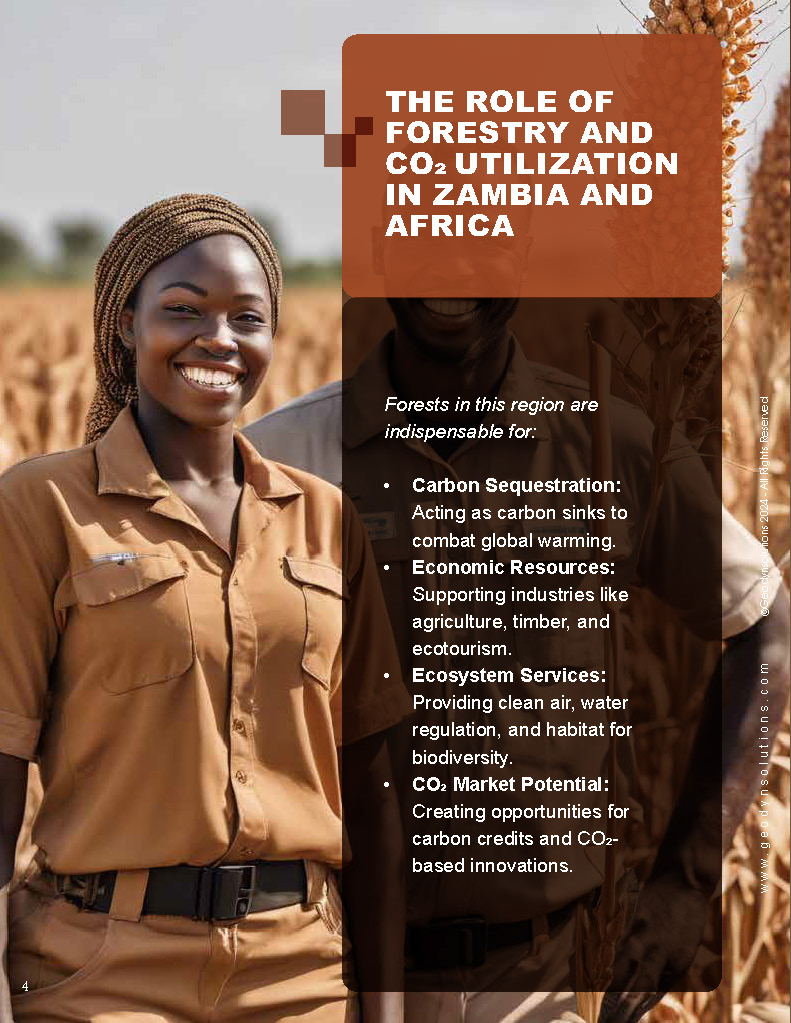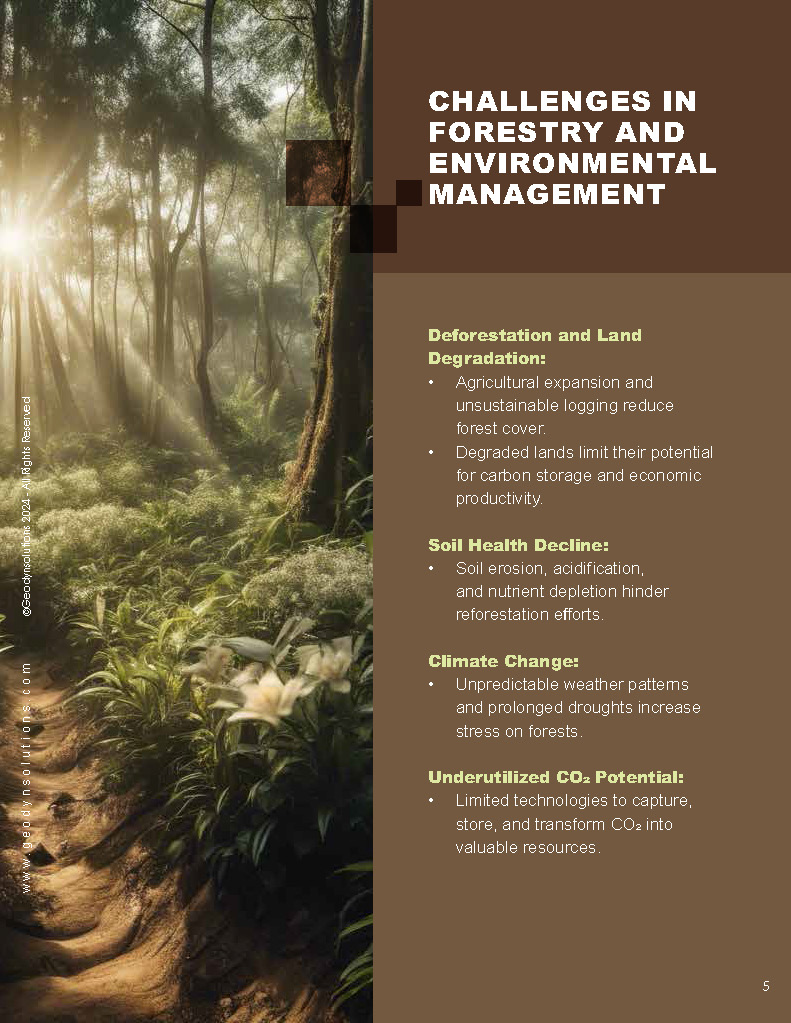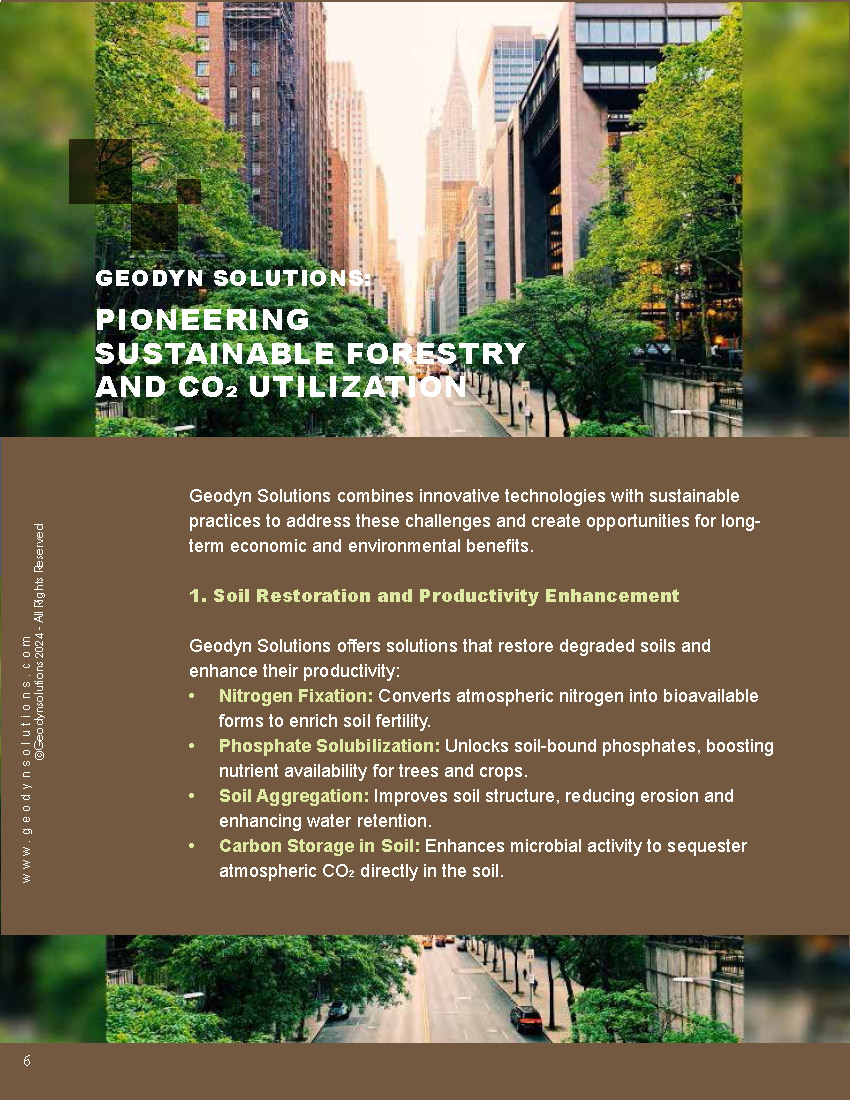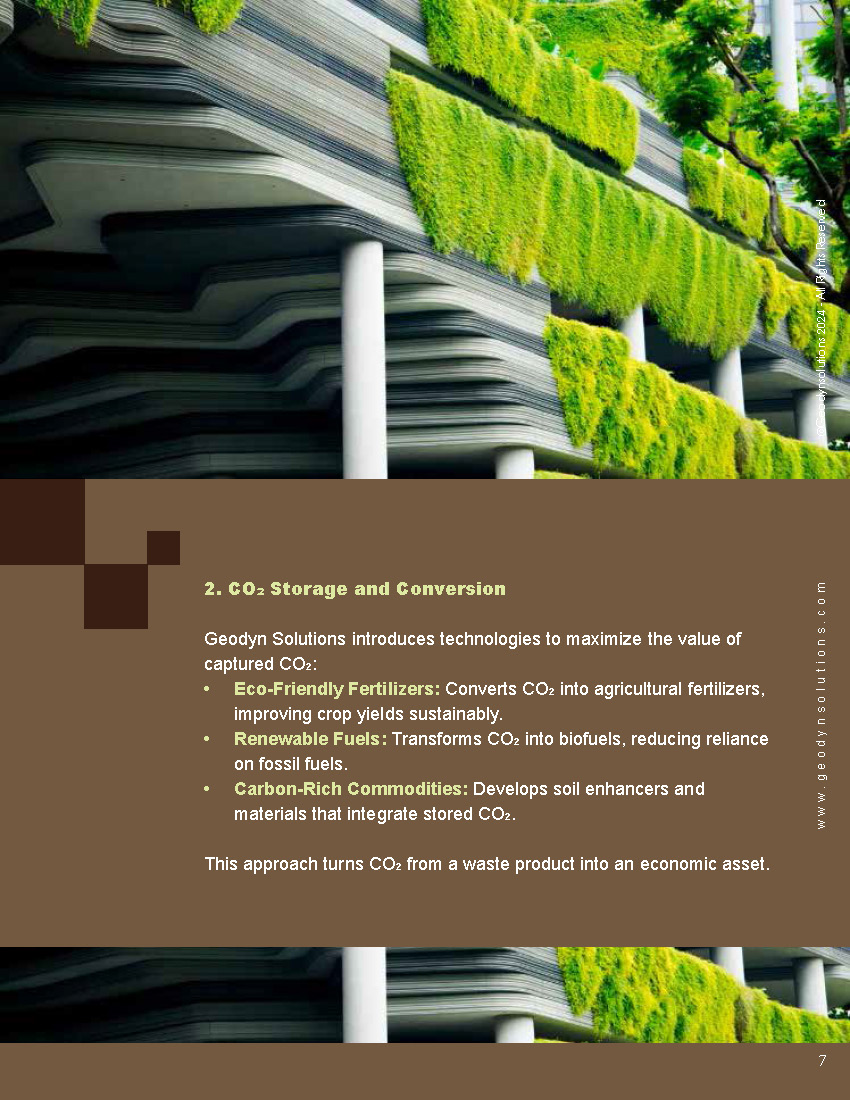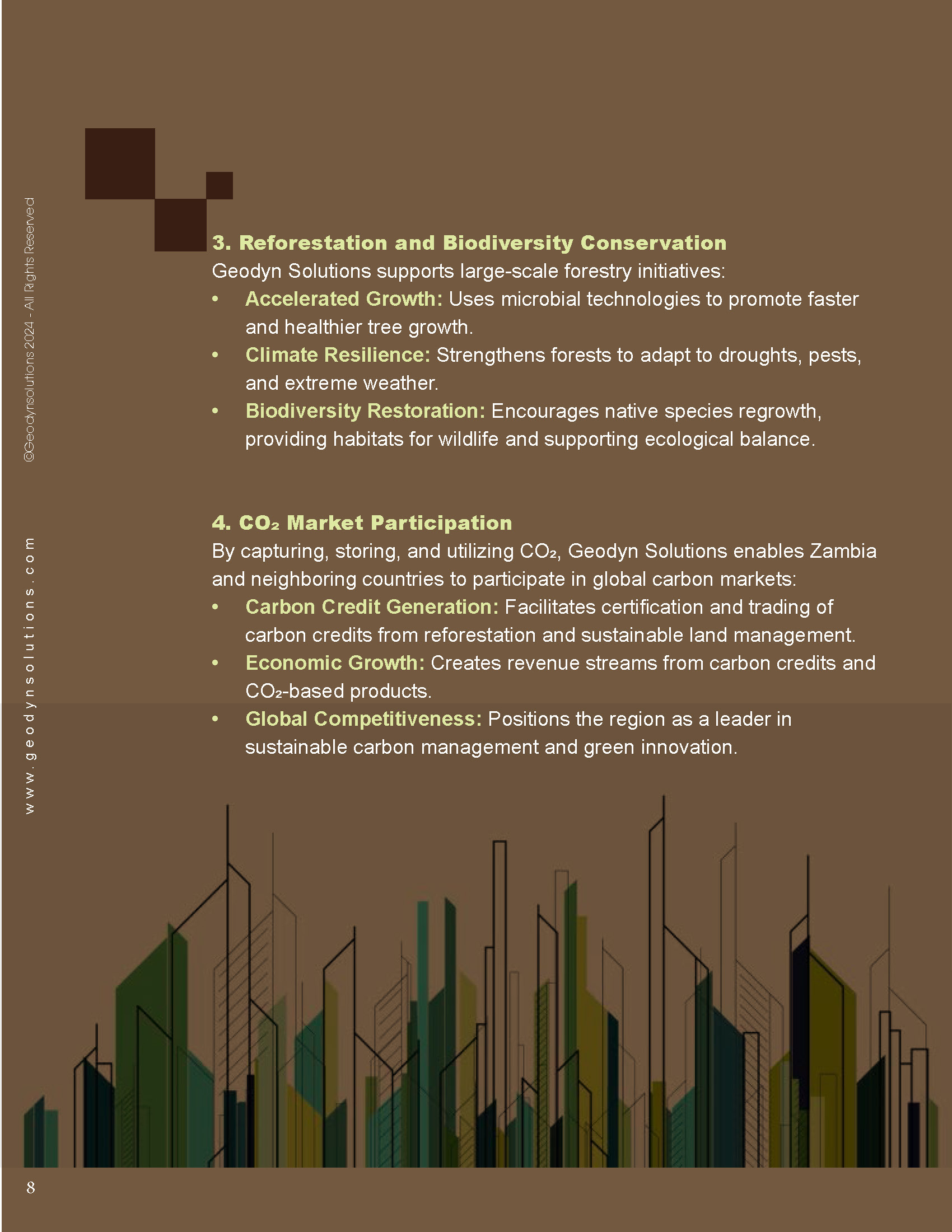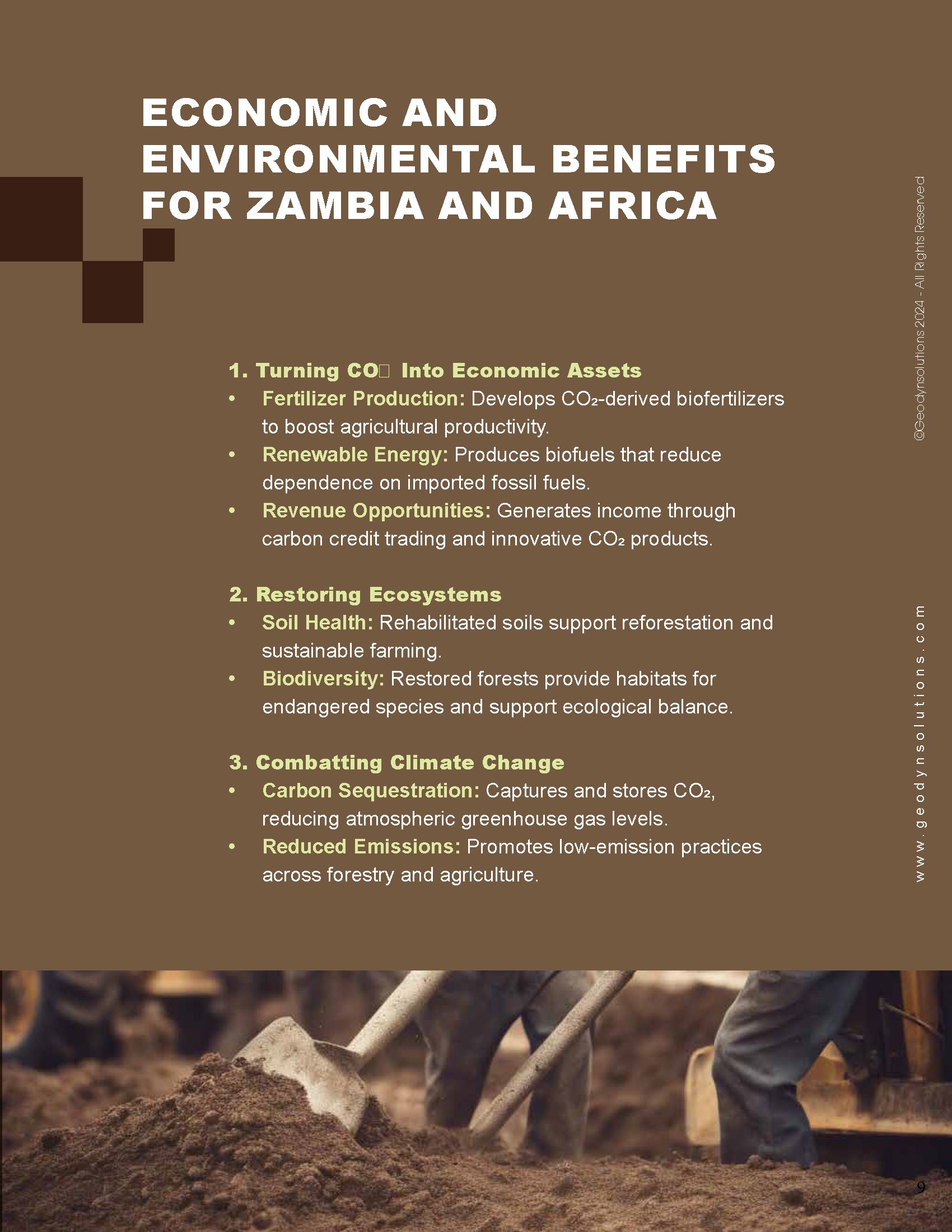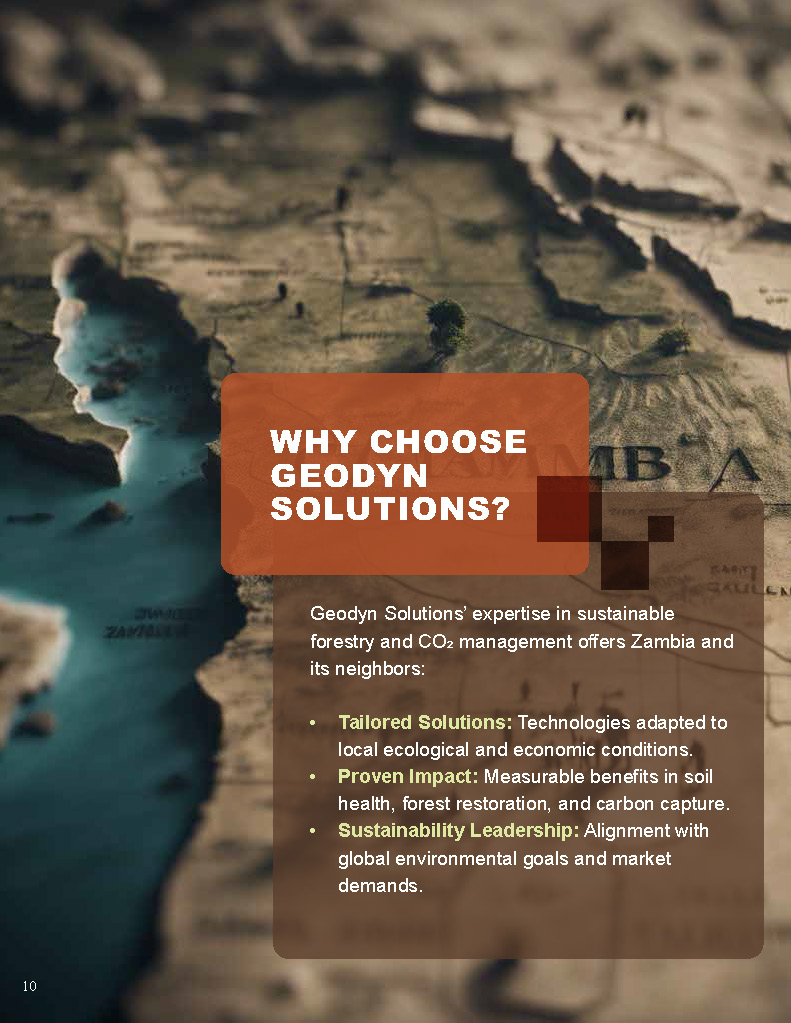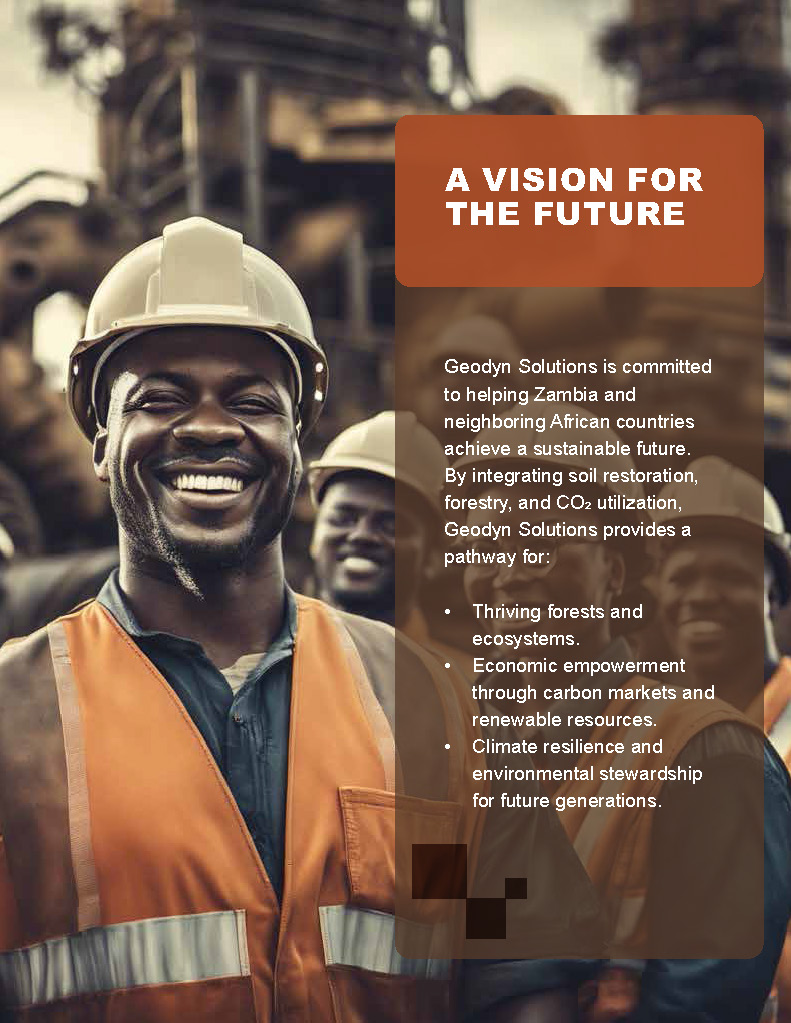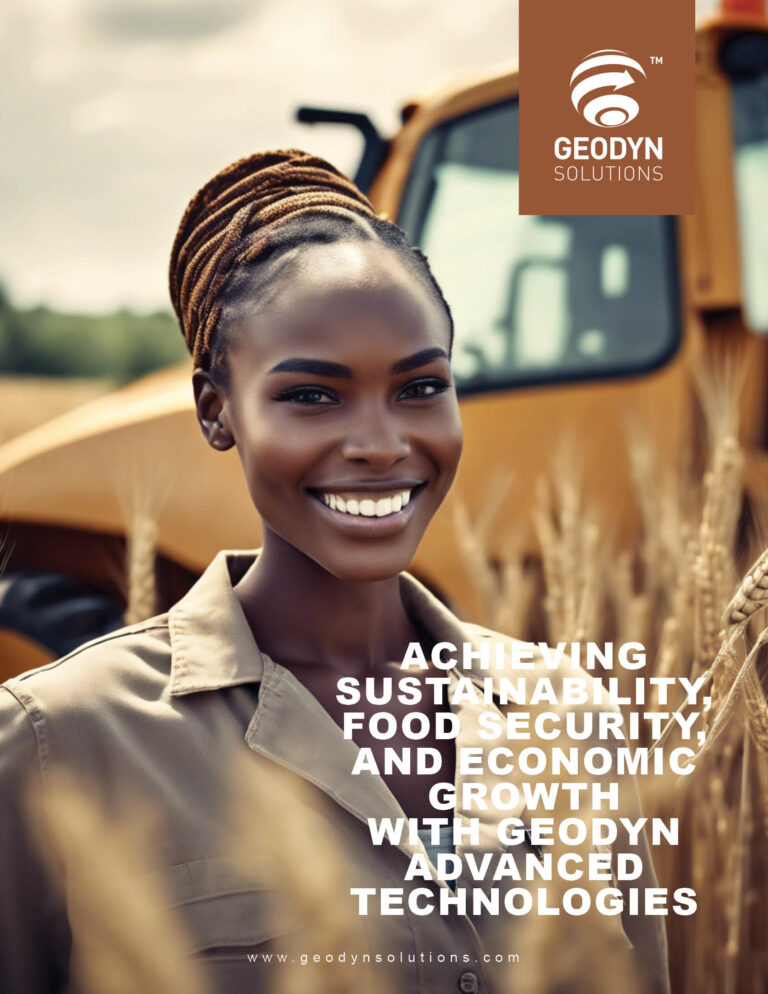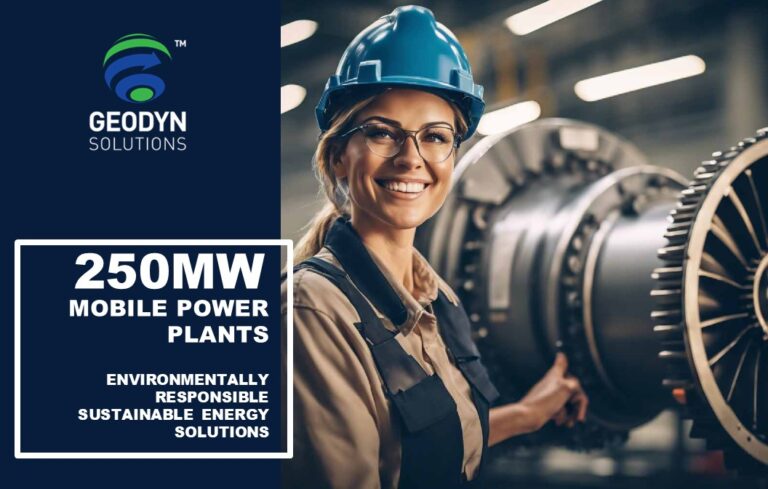Geodyn Solutions: Revolutionizing Forestry, Environmental Sustainability, and CO₂ Utilization in Zambia and Neighboring African Countries
Forests in Zambia and its neighboring African countries are critical for ecological balance, economic growth, and climate resilience. However, deforestation, soil degradation, and the increasing impacts of climate change are major challenges threatening the sustainability of these vital ecosystems. Geodyn Solutions, a leader in sustainable forestry and environmental innovation, offers groundbreaking solutions to enhance forestry management, restore degraded lands, and unlock the potential of CO₂ capture, storage, and conversion into valuable resources such as fertilizers and renewable fuels.
These cutting-edge technologies not only drive regional economic growth but also position Zambia and its neighbors as global leaders in the carbon market and sustainable development.
The Role of Forestry and CO₂ Utilization in Zambia and Africa
The Role of Forestry and CO₂ Utilization in Zambia and Africa
Forests in this region are indispensable for:
- Carbon Sequestration: Acting as carbon sinks to combat global warming.
- Economic Resources: Supporting industries like agriculture, timber, and ecotourism.
- Ecosystem Services: Providing clean air, water regulation, and habitat for biodiversity.
- CO₂ Market Potential: Creating opportunities for carbon credits and CO₂-based innovations.
Challenges in Forestry and Environmental Management
-
Deforestation and Land Degradation:
- Agricultural expansion and unsustainable logging reduce forest cover.
- Degraded lands limit their potential for carbon storage and economic productivity.
-
Soil Health Decline:
- Soil erosion, acidification, and nutrient depletion hinder reforestation efforts.
-
Climate Change:
- Unpredictable weather patterns and prolonged droughts increase stress on forests.
-
Underutilized CO₂ Potential:
- Limited technologies to capture, store, and transform CO₂ into valuable resources.
Geodyn Solutions: Pioneering Sustainable Forestry and CO₂ Utilization
Geodyn Solutions combines innovative technologies with sustainable practices to address these challenges and create opportunities for long-term economic and environmental benefits.
1. Soil Restoration and Productivity Enhancement
Geodyn Solutions offers solutions that restore degraded soils and enhance their productivity:
- Nitrogen Fixation: Converts atmospheric nitrogen into bioavailable forms to enrich soil fertility.
- Phosphate Solubilization: Unlocks soil-bound phosphates, boosting nutrient availability for trees and crops.
- Soil Aggregation: Improves soil structure, reducing erosion and enhancing water retention.
- Carbon Storage in Soil: Enhances microbial activity to sequester atmospheric CO₂ directly in the soil.
2. CO₂ Storage and Conversion
Geodyn Solutions introduces technologies to maximize the value of captured CO₂:
- Eco-Friendly Fertilizers: Converts CO₂ into agricultural fertilizers, improving crop yields sustainably.
- Renewable Fuels: Transforms CO₂ into biofuels, reducing reliance on fossil fuels.
- Carbon-Rich Commodities: Develops soil enhancers and materials that integrate stored CO₂.
This approach turns CO₂ from a waste product into an economic asset.
3. Reforestation and Biodiversity Conservation
Geodyn Solutions supports large-scale forestry initiatives:
- Accelerated Growth: Uses microbial technologies to promote faster and healthier tree growth.
- Climate Resilience: Strengthens forests to adapt to droughts, pests, and extreme weather.
- Biodiversity Restoration: Encourages native species regrowth, providing habitats for wildlife and supporting ecological balance.
4. CO₂ Market Participation
By capturing, storing, and utilizing CO₂, Geodyn Solutions enables Zambia and neighboring countries to participate in global carbon markets:
- Carbon Credit Generation: Facilitates certification and trading of carbon credits from reforestation and sustainable land management.
- Economic Growth: Creates revenue streams from carbon credits and CO₂-based products.
- Global Competitiveness: Positions the region as a leader in sustainable carbon management and green innovation.
Economic and Environmental Benefits for Zambia and Africa
1. Turning CO₂ Into Economic Assets
- Fertilizer Production: Develops CO₂-derived biofertilizers to boost agricultural productivity.
- Renewable Energy: Produces biofuels that reduce dependence on imported fossil fuels.
- Revenue Opportunities: Generates income through carbon credit trading and innovative CO₂ products.
2. Restoring Ecosystems
- Soil Health: Rehabilitated soils support reforestation and sustainable farming.
- Biodiversity: Restored forests provide habitats for endangered species and support ecological balance.
3. Combatting Climate Change
- Carbon Sequestration: Captures and stores CO₂, reducing atmospheric greenhouse gas levels.
- Reduced Emissions: Promotes low-emission practices across forestry and agriculture.
Why Choose Geodyn Solutions?
Geodyn Solutions’ expertise in sustainable forestry and CO₂ management offers Zambia and its neighbors:
- Tailored Solutions: Technologies adapted to local ecological and economic conditions.
- Proven Impact: Measurable benefits in soil health, forest restoration, and carbon capture.
- Sustainability Leadership: Alignment with global environmental goals and market demands.
A Vision for the Future
Geodyn Solutions is committed to helping Zambia and neighboring African countries achieve a sustainable future. By integrating soil restoration, forestry, and CO₂ utilization, Geodyn Solutions provides a pathway for:
- Thriving forests and ecosystems.
- Economic empowerment through carbon markets and renewable resources.
- Climate resilience and environmental stewardship for future generations.
#GeodynSolutions #ForestryInnovation #CO2Utilization #CarbonSequestration #SustainableForestry #SoilHealth #AfricaForests #RenewableFuels #CarbonMarkets #ClimateAction #EcoFarming #FutureForests
Partner with Geodyn Solutions to revolutionize forestry, CO₂ management, and sustainable development in Zambia and Africa. Together, we can transform challenges into opportunities for a greener, more prosperous future.
